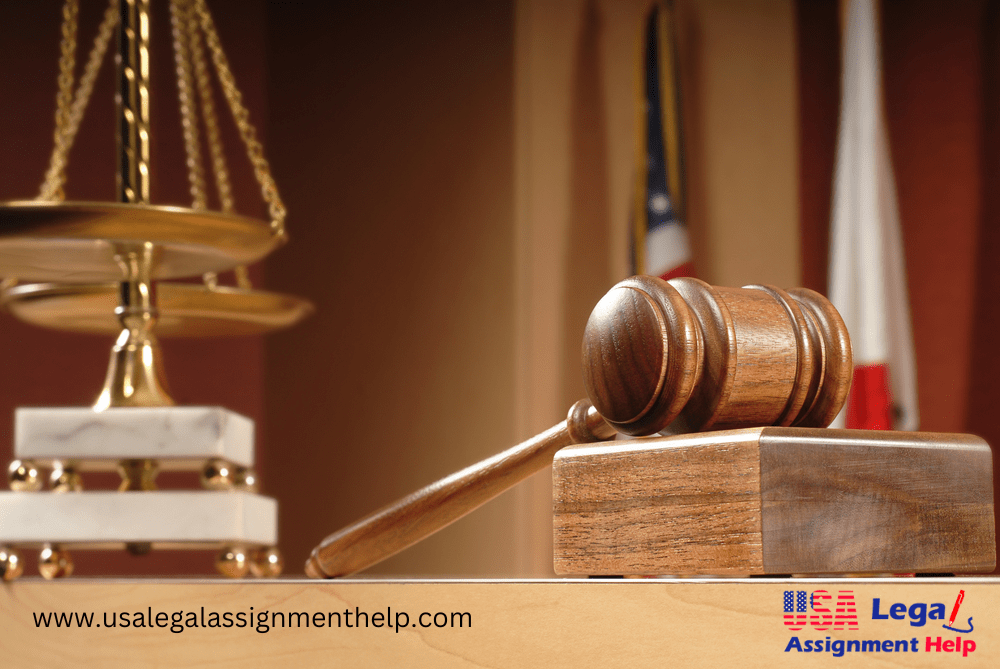The Integration of Competition and consumer law in America
Traditionally, competition law has been conceived of as marketplace regulation to guarantee that private behavior does not stifle free commerce and competition. Its purpose is to keep the competition going. Competition works to maximize the interests of customers. A corpus of law meant to protect a consumer's interests at the level of the individual transaction is referred to as consumer protection regulation. The two fields have the same end objective. However, their strategies for accomplishing that goal differ. The merger of competition and consumer protection law includes both substantive and systemic elements.
The substantive question is whether achieving the goal of optimizing consumer welfare through market regulation is consistent with pursuing the same goal through transaction regulation. The fundamental challenge is whether an entity established to advance competition policy can also safeguard individual customers. Consumer harm under competition law may differ from consumer injury under consumer protection legislation. In the subject of consumer protection, harm is quite simple to define. It is a failure in the origination, substance, or cure of a consumer transaction that undermines the customer's ability to optimize his or her welfare. To provide individual consumers with remedies, consumer law focuses on flaws in individual consumer transactions. In this sense, it fills holes left by market forces. In competition law, defining consumer harm is challenging.
The notion of "consumer antitrust" remains undefined, which is surprising given how frequently consumer welfare is claimed to defend a certain decision or policy prescription. It is frequently stated that consumer welfare should be the primary concern of competition law. However, that aphorism is more fully understood to suggest that competition law attempts to prevent harm to competition to enhance consumer welfare. Such a strategy risks undermining any direct involvement on behalf of individual customers. If a single transaction yields a suboptimal result, competition law presumes that the marketplace will provide a solution. The inept or dishonest shopkeeper will be replaced by one who satisfies consumers' needs fairly.
Consumer protection in the United States is the story of specific formal legislative responses to crises and emergencies that provoke widespread public indignation and necessitate a public reaction. This pattern originated against the backdrop of 19th-century common law, which emphasized contract flexibility and caveat emptor (let the buyer beware). Specific crises and political events over time resulted in the establishment of government bureaucracies with jurisdiction over specific products and practices affecting consumers, as well as a broad range of private rights of action in which consumers can sue for damages, injunctions, attorney fees, and litigation costs if they can demonstrate harm from the illegal practice.
Unlike antitrust, where discussions rage about the propriety of private action, private enforcement of consumer protection legislation appears to be fully proper. Many consumer protection statutes in the United States give special incentives in the form of statutory minimum damages and attorney fees for successful litigants. Private consumer protection enforcement rarely involves competitors' strategic lawsuits. The legal scheme seeks to remedy the loss caused by the individual transaction, therefore there is a perfect alignment of interests between the consumer plaintiff and the legal scheme. Although anti-regulation fanatics may argue that market forces eliminate the need for consumer protection legislation, it is difficult to argue against imposing a private right of action and remedy where such exists.
Get the best Competition and Consumer Law assignment help at an affordable price
With Competition and consumer law assignment writing services from www.usalegalassignmenthelp.com, you will get assignments related to market dominance and syndication, mergers and acquisitions that result from the concentration of an industry's operations in the hands of a few major organizations, and issues related to intellectual property and advancement are covered. As firms are encouraged to practice fair trade, competition and consumer law essay assignments help cover assignment subjects such as commercial organizations charging appropriate pricing for their products and services, adhering to warranty agreements and contracts, and issues concerning product recall in the market. We will provide you with certified competition and consumer law assignment help. We have several Ph.D. degree holders and topic specialists who finish and proofread the assignments and also provide services that assist competition and consumer law students to improve on previous tasks. We only give 100% unique work that has been validated by the most recent software. Best law assignment help


 Login
Login